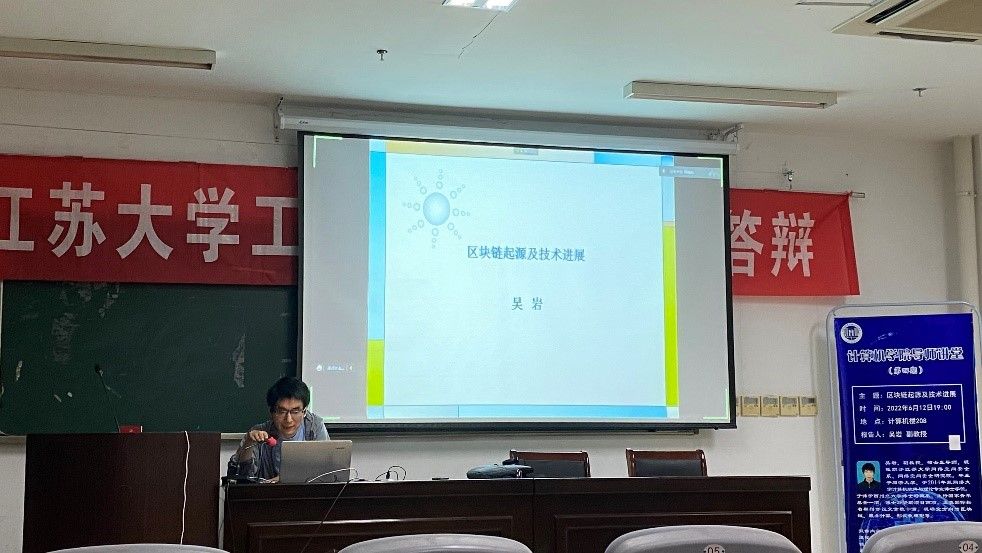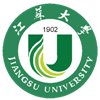On June 12, the School of Computer Science held the fourth lecture for postgraduate tutors in 2022 - The Origin of Blockchain and Its Technology Progress in 208 Lecture Hall. This lecture was mainly delivered by Associate Professor Wu Yan. More than 300 graduate students of 2021 and 2020 in the School of Computer Science listened to the lecture through online and offline methods.

Associate Professor Wu Yan's speech content includes the origin of blockchain, the background of blockchain, bitcoin development, bitcoin technology, bitcoin white paper, the value and application mode of bitcoin, and so on, which explains some wrong concepts about bitcoin for us. Associate Professor Wu Yan explained in detail the four supporting technologies of Bitcoin, namely, the public and private key cryptography technology used to verify the integrity and source of information, the Hash chain technology used to prevent tampering and deletion, the P2P technology used to secure data storage, and the PoW technology used to record data. Next, Associate Professor Wu Yan focused on the background of blockchain. In today's era, the transactions between people are more and more frequent, but the trust between people is getting lower and lower. People are eager for trust. Under such a background, blockchain came into being. Blockchain is a trust machine with pure mathematical method to establish trust relationship, decentralized structure, high operation efficiency and low operation cost. The characteristics of blockchain: data integrity and transparency comply with the law and are easy to track, distributed bookkeeping and storage are highly fault-tolerant, a global database highly inclusive business model, and anonymity behind the transparent world protects privacy. The significance of blockchain for the present and future is not only technology but also thinking.
The successful holding of the fourth tutorial lecture of this semester has played a positive role in promoting the comprehensive development of postgraduate research ability and academic innovation awareness.
